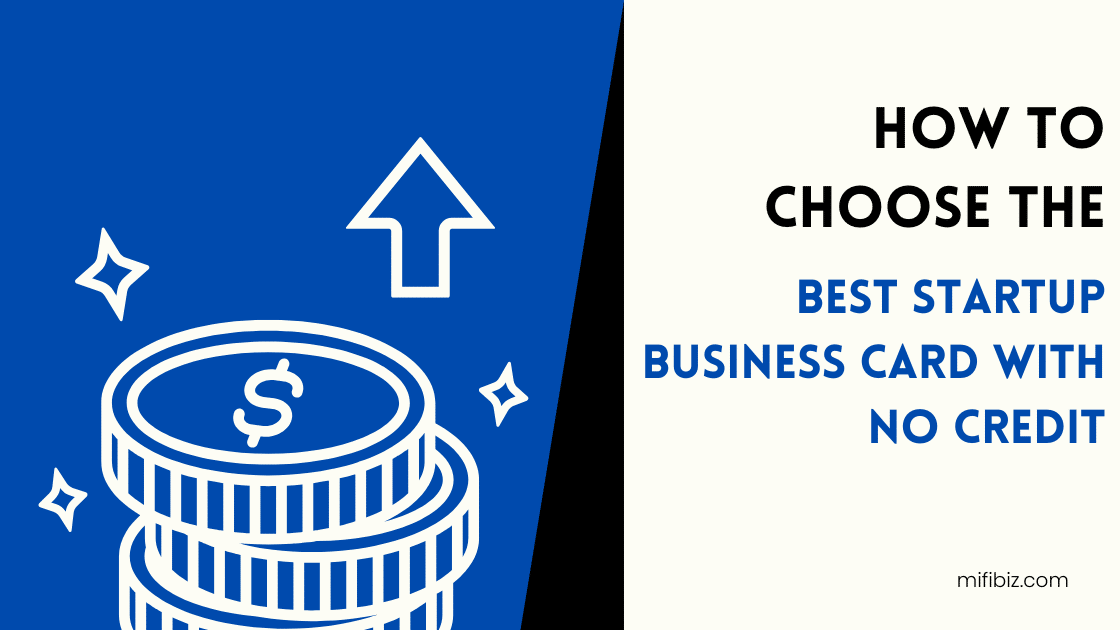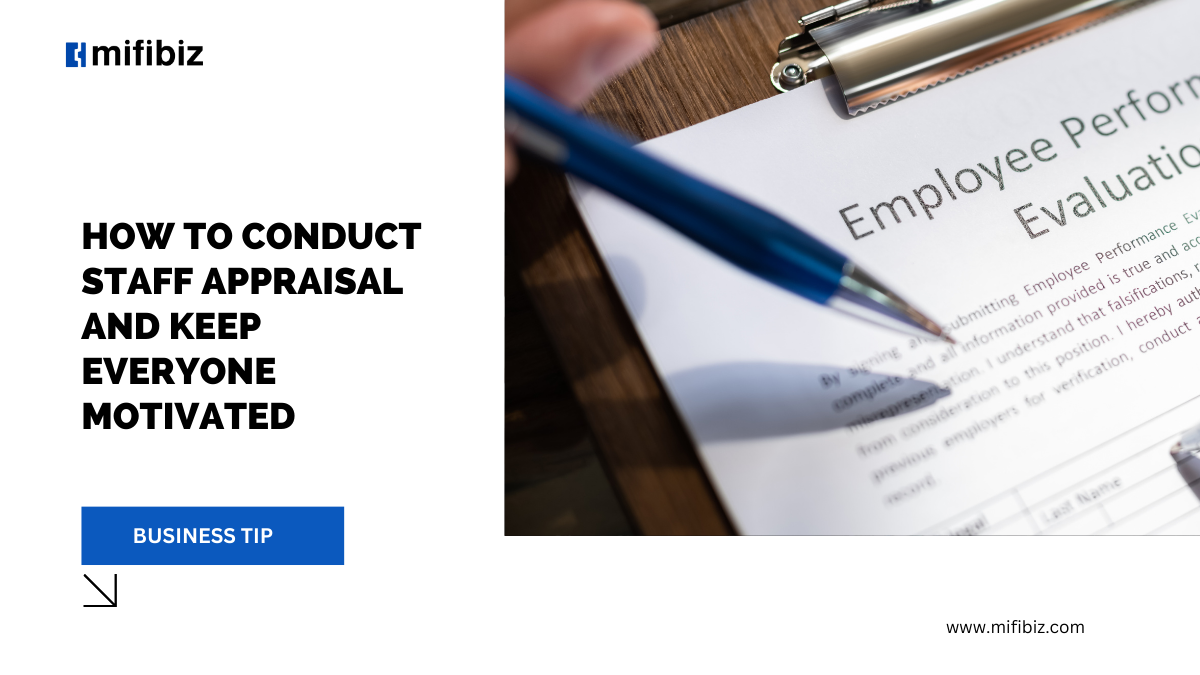Choosing the Best Startup Business Card With No Credit when starting a business is one of the most exhilarating yet challenging journeys you can embark on. I know this firsthand, I’ve walked the tightrope of launching a startup with limited funds and zero credit history. One of the most frustrating hurdles? I am looking for a business credit card that could help me establish my business while working with my non-existent credit profile.
If you’re in the same boat, don’t worry. You’re not alone, and there are solutions. In this post, I’ll guide you through everything I learned about choosing the best startup business credit cards with no credit, from understanding your options to selecting the right card for your needs.
Why a Business Credit Card Is Essential for Your Startup
When I launched my first startup, I quickly realized how important it was to separate personal and business expenses. A business credit card isn’t just a payment tool; it’s a stepping stone to building credit, managing cash flow, and even earning rewards that can offset operational costs.
But when you have no credit history—or a limited one—it can feel like the odds are stacked against you. The good news? There are startup-friendly credit cards designed for entrepreneurs like us.
Read also: Why Every Startup Needs a Business Startup Attorney
My Experience With Startup Business Card With No Credit: The Struggle Was Real
I remember applying for a traditional business credit card at a major bank, only to be rejected because I lacked a credit history. It felt like being stuck in a catch-22: I couldn’t get credit because I didn’t have credit.
After a bit of research (and a lot of trial and error), I discovered options catering to startups with no credit. If you’re facing similar challenges, The first step in choosing a credit card is knowing what’s out there. For entrepreneurs with no credit history, the following options are worth exploring:
a. Secured Business Credit Cards
Secured cards require a cash deposit as collateral. This deposit determines your credit limit, making it a low-risk option for card issuers. I started with a secured card, and it was a game-changer. By responsibly using the card and paying off my monthly balance, I started to build a credit history.
b. Business Cards for Fair or Limited Credit
Some issuers specifically design cards for applicants with limited or no credit. These cards often come with fewer perks and higher fees, but they can be a stepping stone to better options in the future.
c. Personal Credit Cards for Business Use
If business-specific options aren’t working out, consider a personal credit card. Some personal cards offer robust rewards and benefits that can support your startup’s needs. However, keep in mind that this won’t build business credit.
d. Corporate Cards With No Credit Check
A newer category of cards has emerged for startups, especially in tech-focused sectors. These corporate cards don’t require a credit check but often base their approvals on the revenue or funding your business has secured.
Read also: How Amazon Small Business Lending Can Help Entrepreneurs Scale
What to Look For in a Startup Business Card With No Credit
When evaluating my options, I created a checklist of features to prioritize. Here’s what should be on your radar:
a. No or Low Annual Fees
As a startup, every dollar counts. Cards with low or no annual fees can help you manage expenses better.
b. Rewards Programs
Look for cards that offer cashback or points on categories your business spends on, like office supplies, advertising, or travel.
c. Credit Reporting
Make sure the card issuer reports your activity to commercial credit bureaus. This is crucial for building your business credit profile.
d. Flexible Credit Limits
Some cards grow with your business, increasing your credit limit as you prove your reliability.
e. Introductory Offers
Many cards offer perks like 0% APR for a limited time or signup bonuses. These can provide a financial cushion as you get your business.
My Top Picks for Startup Business Credit Card With No Credit
Through my journey, I explored a variety of options. Here are a few that stood out:
1. Capital One Spark Classic for Business
This card doesn’t require excellent credit to qualify and offers 1% cashback on every purchase. It’s straightforward and a great option for building credit.
2. Brex Card for Startups
If your startup has significant cash reserves or funding, the Brex card might be an excellent choice. It doesn’t rely on your personal credit history and offers generous rewards tailored to business spending.
3. Discover it Secured Card
While technically a personal card, the Discover it Secured Card allows you to build credit responsibly. It also offers cashback rewards, which was a pleasant surprise for me when I first got started.
4. American Express Blue Business Cash Card
Although this card may require fair credit, it offers a robust cashback program and flexibility with spending limits. Over time, it can grow with your business.
How to Apply for a Startup Business Card With No Credit
Applying for a credit card without a credit history can feel daunting, but preparation is key. Here’s what worked for me:
1. Register Your Business
Before applying, ensure your business is properly registered. A legal structure (like an LLC or corporation) adds credibility.
2. Gather Financial Documents
Even if you don’t have a credit history, having a solid business plan, bank statements, or proof of revenue can strengthen your application.
3. Start Small
If you’re worried about rejection, begin with secured cards or cards designed for fair credit. As you build trust with the issuer, you can graduate to better options.
How I Built My First Startup Business Card With No Credit
After getting approved for a secured card, I made it a point to:
- Use it regularly but keep my utilization under 30% of the credit limit.
- Pay off my balance in full every month to avoid interest charges.
- Monitor my credit report to ensure my payments were being reported.
Within a year, my credit score improved significantly. I could qualify for better cards with higher limits and more rewards.
Final Thoughts: The Best Card Is the One That Works for You
Choosing the best startup business credit card with no credit isn’t about finding the perfect card; it’s about finding the one that fits your unique situation and goals. My advice? Start with what you can qualify for, use it responsibly, and keep your long-term vision in mind.
The road to building credit as a startup founder isn’t always smooth. Still, with persistence and the right tools, it’s entirely possible. If I could do it, you could do it.
Let me know in the comments what challenges have you faced in finding a business credit card. Have you tried any of the options I mentioned? Let’s share tips and grow together.
Discover more from
Subscribe to get the latest posts sent to your email.






